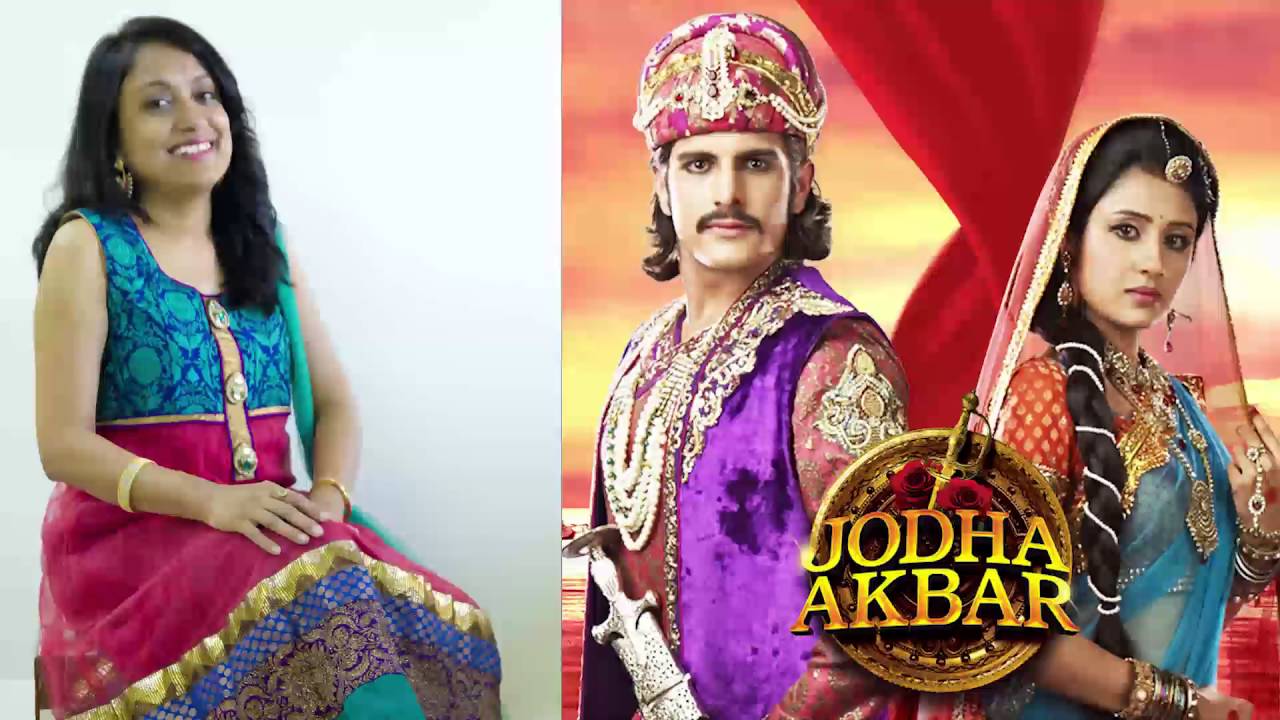

Though the movie might work 50-50 in the international markets due to the time frame, but the movie’s a must watch to know what the real India was all about.Ī group of over 150 people tried to disrupt the screening of Ashutosh Gowariker's just released epic romance 'Jodhaa Akbar' at a multiplex here, shouting slogans against the film and tearing down posters. Leaving apart the historical loop holes, over all Jodhaa Akbar is a movie with flawless technicalities and a breathe taking cinematography. Sonu Sood delivers a brilliant performance as well. Ila Arun’s negative shades are very well highlighted. Big B re creates magic with his voice over. Ashwariya blends in the perfect touch of attitude and grace. Though Hrithik brings in a modern touch with the romantic scenes, specially when Akbar goes to bring Jodha back, his action scenes are sure to take your breathe away. Hrithik and Ashwariya do complete justice to the characters. Kehne Ko Jashne Bahara Hain, is sure to make you smile, while Khwaja mere Khwaja leaves you spell bounded. The songs of the movie are quite situational, but Jodha and Akbar’s song where they confess their love, could have been scrapped off to save time. Haider Ali and Ashutosh’s screen play is quite crisp, though the movie seems dragged towards mid way, but soon takes on the pace post interval. Scenes like Akbar’s encounter with the elephant, Jodha’s pre marriage agreements, Jodha’s secret meeting with her brother, Akbar disowning Jodha, Akbar and Jodha’s sword fight, are sure to capture your hearts. The sets seem quite real, and the difference between in the Rajput and Mugal Palaces and their ambience is very well portrayed. The back ground scores add the perfect touch to the scenes. Followed by the songs: Azeem - o - Shaan Shensha, and the Sufi melody - Khwaja Mere Khwaja. The battle where Akbar is crowned as the king, was beautifully shot. The most highlighting point in the movie is the cinematography. The movie has a lot more to offer than just that. As always in Ashutosh’s movie, here too there’s a social message involved, and that is to promote unity between the Hindu and the Muslim. Jodha Akbar is a historic saga of the Mugal ruler (Akbar) and his hindu wife (Jodha). A fine crafts man ship is once again shown by the director. He once again hits it well, with a hat trick, in Jodha Akbar.

#Jodha akbar song down how to
And this is where the soft romance between Akbar and Jodha gets mired in irony.Lagaan’s director Ashutosh Gowarikar surely knows how to blend in the east with the west, and by striking the right chords, he surely knows what he wants. Having dwelt upon Jodha’s preferred status in Akbar’s life, Akbar’s subsequent marriages cannot be wished away. That Jahangir, Akbar’s successor, too is appreciated as a liberal leader, perhaps only shows the indirect influence that Jodha might have made politically. Akbar’s fondness for Jodha only made him more accepting of Hindu rituals. It is also accepted that Jodha had the permission to worship in the Hindu way in her palace and continued to remain a devotee of Lord Krishna. Jodha used her influence to build gardens, wells, and mosques around the country. She was Akbar’s only queen who could issue farman (official decree), which was normally the exclusive privilege of the emperor.

Subsequently, Jodha is said to have enjoyed increased clout over political matters. Was Akbar’s affection for Jodhabai thus familial and borne out of a sense of gratitude? Akbar’s first queen was the childless Ruqaiyya Begum, and his second wife was Salima Sultan, the widow of his most trusted general, Bairam Khan.Ī sense of desperation seemed to mark Akbar’s prayers at the dargah of the Shaikh Salim Chishti, which later led to the birth of his first surviving child Jahangir. But apart from her personality attributes, she gave Akbar what his other queens could not - an heir. Jodha, it is said, was extremely gorgeous and dignified. What then could have possibly led to Jodha being given this preference? Yet, there seems to be near unanimity over Jodhabai being referred to as Akbar’s favourite queen. History does not corroborate any instance of Akbar’s romance with Jodhabai in the real sense. The law of Hindu succession has always been patrimonial, so the threat to lineage, in marrying their princesses for political gain, was pretty inconsequential. The fact that other Rajput kingdoms, subsequently, also established similar matrimonial alliances with Akbar, cannot be disproved. It will be interesting to note here that there is little clarity on the total number of wives that Akbar eventually had. Hira Kunwari (Jodha’s maiden name) was married to Akbar on January 20, 1562, at Sambhar near Jaipur. Akbar’s marriage with the daughter of Raja Bharmal of Amber (modern day Jaipur) was quite unequivocally a device used for political acquisition.


 0 kommentar(er)
0 kommentar(er)
